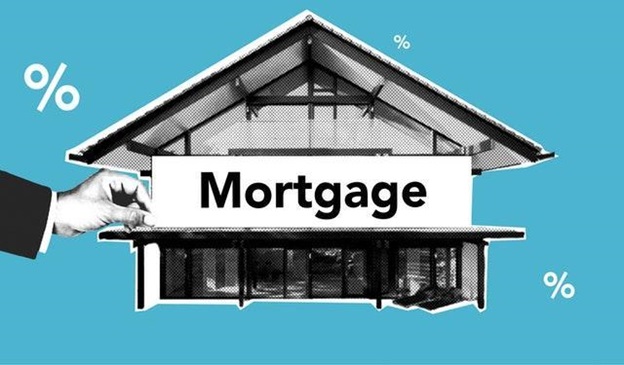In the past, many homebuyers would turn to their banks to reliably give them a mortgage. These days, we have a lot of options about where we want to get our mortgage from. Different options will suit different individuals and different situations, so it’s best to understand what each of these options entail.
By choosing the right lender you can save a lot of money. If this is your first time buying a home, it may be a bit confusing to figure out whether you should be borrowing from a broker or a banker.
Here’s what you need to know about mortgage brokers and banks.
Direct Lenders or Banks
Banks are also known as direct lenders, and they are only able to offer you their own mortgage products. Banks are financial institutions that originate, process and fund the loans all themselves. Meaning the company that you work with is the same one who will lend you the money. Direct lenders include big banks, credit unions and mortgage companies that specialize in home loans.
Banks always follow the guides in the rule book and your financial situation and the bank you use will determine what options they give to you. They will ask you your monthly salary, your employer, and duration of employment. They will enter your information into the computer, which will then work to offer you your standard mortgage rate options. You can go between a few different banks to compare rates or any options. There may be some variation but in the end the differences won’t be vast. If you are self-employed the process is a lot more arduous and you might find yourself having trouble securing a loan.
Mortgage Brokers
On the other hand, a broker acts as more of a ‘middleman’ between you and your lender. They will help match the best lender to your needs and situation. Brokers have access to all products from different companies and they work with multiple mortgage companies as a sort of ‘wholesaler’ so that they can help you compare multiple loan options.
Instead of taking the responsibility to compare quotes and contact banks and lenders on your own behalf, you can rely on the help of a mortgage broker who has the experience and know-how to do so. Typically, brokers aren’t paid until they’ve secured a mortgage deal for you so you won’t lose out on any money if things don’t work out in the end.
Mortgage Brokers vs Banks
If your loan situation will be straightforward, and you have a normal to strong credit, income and assets, then you can save time and money by using a bank to secure your mortgage.
However, if you have an application that is different or involves some challenges that would cause you to veer off the path of normal, then a mortgage broker might be your best bet.
A broker will be able to look at your situation and know which lenders will most likely lend to you. For example, they would know which lenders are more lenient on credit and which ones aren’t.
With that being said, Banks can offer you some discounted options if you consolidate your services with them. There are definitely different pros and cons to both approaches. Mortgage brokers can also gain access to exclusive deals with lenders, which are sometimes unavailable on the open market. They are also able to negotiate on your behalf to get a better interest rate or lower application fees, etc.
It’s a good idea to try your hand at both to see where you would benefit more. You should aim to receive several quotes from banks and brokers when you are in the market for a mortgage.
Pros of Mortgage Banks
- More control over the application process. You can select the banks and lenders you want to work with and negotiate your own interest and fees.
- They will help you with your loan from beginning to end. Your loan officer at the bank will deal with other employees in-house to approve your mortgage.
- If you work with a bank that you already have a relationship with then they can offer you the best experience during the mortgage process.
Cons of Mortgage Banks
- Banks do not have to disclose how much they will make on your loan (unlike brokers). You might end up paying more than necessary if you are not aggressive in your shopping.
- Mortgage banks have less products to offer you. If they don’t sell a loan that’s the best for you, then they may not know or tell you.
Pros of Mortgage Brokers
- Brokers have access to a variety of loan programs and interest rates from different lenders. They can provide you with a better and more specialized product.
- Brokers also set their own profit margin and can be easier to deal with and negotiate rates with.
- You will know your broker’s compensation, as it will be clearly stated in the closing statement.
Cons of Mortgage Brokers
- Brokers will have little to no control during the underwriting process since they won’t work for the lender.
- Brokers are typically more expensive than dealing with banks. This might be attributed to the fact that what they do is more complicated than the banks’ process.
- Loans that go through a broker might take longer to close. This can be concerning if you have a deadline for home buying or refinancing.
When it comes to loan options, the market is highly competitive. To secure the best deal on a home loan, we recommend that you get at least three to four quotes. At the end of the day, it doesn’t matter which lender you go with as long as you are able to get the best arrangement available for you.



Comments are closed.